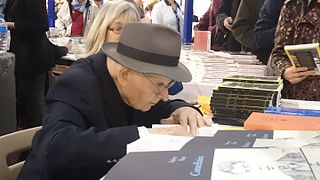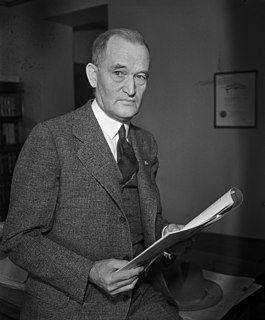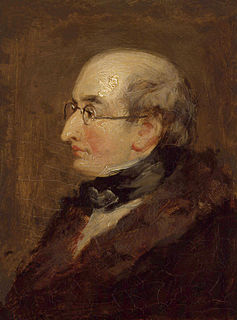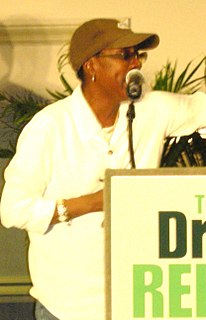A Quote by Marc Jacobs
I'd like to be invisible. To be anonymous and see things for what they really are. The truth may be painful but it's probably useful!
Related Quotes
Therefore, philosophy does not give sense in mind happiness. It keeps in mind the only truth. However, it is very possible that the truth may be painful, may be distressing, may be destructive of happiness or makes it impossible. Religion, unlike philosophy, is under the category of the useful one. It promises happiness and says what it is necessary to do and what it is necessary to be to deserve or to obtain it. Consequently, illusion is more important than truth if it gets happiness.
And for all I can tell, the only difference is that what many see we call a real thing, and what only one sees we call a dream. But things that many see may have no taste or moment in them at all, and things that are shown only to one may be spears and water-spouts of truth from the very depth of truth.
Modern man may assert that he can dispense with them, and he may bolster his opinion by insisting that there is no scientific evidence of their truth. But since we are dealing with invisible and unknowable things (for God is beyond human understanding, and there is no mean of proving immortality), why should we bother with evidence?
We ought never to be afraid to repeat an ancient truth, when we feel that we can make it more striking by a neater turn, or bring it alongside of another truth, which may make it clearer, and thereby accumulate evidence. It belongs to the inventive faculty to see clearly the relative state of things, and to be able to place them in connection; but the discoveries of ages gone by belong less to their first authors than to those who make them practically useful to the world.
Science only means knowledge; and for [Greek] ancients it did only mean knowledge. Thus the favorite science of the Greeks was Astronomy, because it was as abstract as Algebra. ... We may say that the great Greek ideal was to have no use for useful things. The Slave was he who learned useful things; the Freeman was he who learned useless things. This still remains the ideal of many noble men of science, in the sense they do desire truth as the great Greeks desired it; and their attitude is an external protest against vulgarity of utilitarianism.
Never disregard what your enemies say. They may be severe, they may be prejudiced, they may be determined to see only in one direction, but still in that direction see clearly. They do not speak all the truth, but they generally speak the truth from one point of view; so far as that goes, attend to them.
How easily we make things as way, truth, and life. Or, we call hot atmosphere as life, we label clear thought as life. We consider strong emotion or outward conduct as life. In reality, though, these are not life. We ought to realize that only the Lord is life. Christ is our life. And it is the Lord who lives out this life in us. Let us ask Him to deliver us from the many external and fragmentary affairs that we may touch only Him. May we see the Lord in all things-way, truth, and life are all found in knowing Him. May we really meet the Son of God and let Him live in us. Amen.
We feel the breath of the wind upon our cheeks, we see the dust and the leaves blowing before the wind, we see the vessels at sea driven swiftly towards their ports; but the wind itself remains invisible. Just so with the Spirit; we feel His breath upon our souls, we see the mighty things He does, but Himself we do not see. He is invisible, but He is real and perceptible.








































